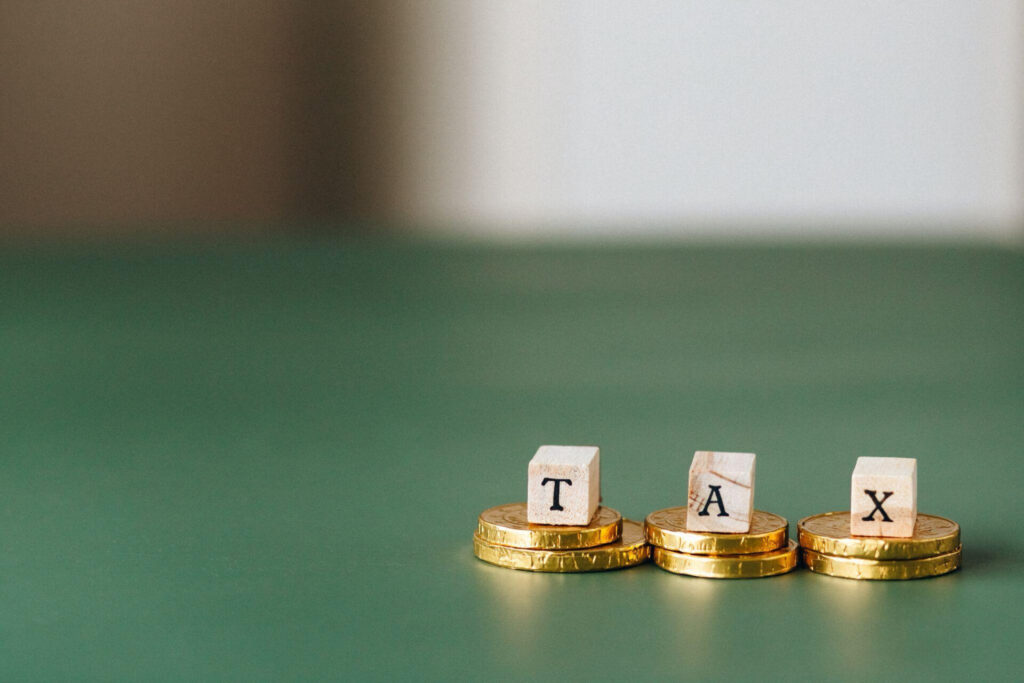Capital Gains Tax is paid on the profit or capital gain you generate by disposing of an asset. The CGT rate used to be pretty simple more than a decade ago—flat at 18%. However, now things are a little complex.
Over the years, different rules have been added, which can make Capital Gains Tax confusing to many. While it is a complex area, in this guide, we’ll bring more clarity to the Capital Gains Tax allowances and reliefs you can claim. For further help, consult the best tax advisors in London at IBISS & CO.
Capital Gains Tax Allowance
If you are paying the Capital Gains Tax on your property or any other chargeable asset, you are eligible to get a tax-free annual Capital Gains Tax allowance called Annual Exempt Amount (AEA). The AEA amount will be deducted from your capital gains amount. Once it’s deducted, you can calculate the CGT amount you owe.
AEA is for most individuals living in the UK, personal representatives or executors of a deceased individual’s estate, and trustees for people with disabilities. AEA will be different for any other trustees.
For the 2022/23 tax year, the allowance is £12,300 for individuals, personal representatives, executors, and disabled individuals’ trustees. The AEA is £6,150 for all other trustees. The rates will change in 2023/24 and 2024/25.

Capital Gains Tax Reliefs
As we mentioned, the AEA is a capital gains tax allowance you get that will help you decrease some of your capital gains before calculating the amount you owe as Capital Gains Tax. However, Capital Gains Tax reliefs can help bring your overall tax liability down.
Let’s take a look at the five primary reliefs.
- Private Residence Relief. You won’t have to pay CGT when you sell your primary residence.
- Business Asset Disposal Relief. When you sell all or some part of your assets, business, shares, or securities, you can claim this relief. If you’re a trustee with assets under your trust, you can also qualify for this relief.
- Incorporation Relief. This relief is for when you transfer your business to any other company and get shares in return.
- Gift Hold-Over Relief. Giving away shares or business assets for a lower amount than their worth can qualify you for this relief. The buyer would have to pay CGT when they dispose of the asset.
Individuals who gift their property and assets to their civil partner, spouse, or charity also don’t have to pay any Capital Gains Tax.
If you need any help regarding Capital Gains Tax allowances and reliefs, or other tax areas, visit us at IBISS & CO. today. We have some of the best tax accountants in London and Walsall on our team who can guide you better.
For business and tax advice, get in touch with us today.




